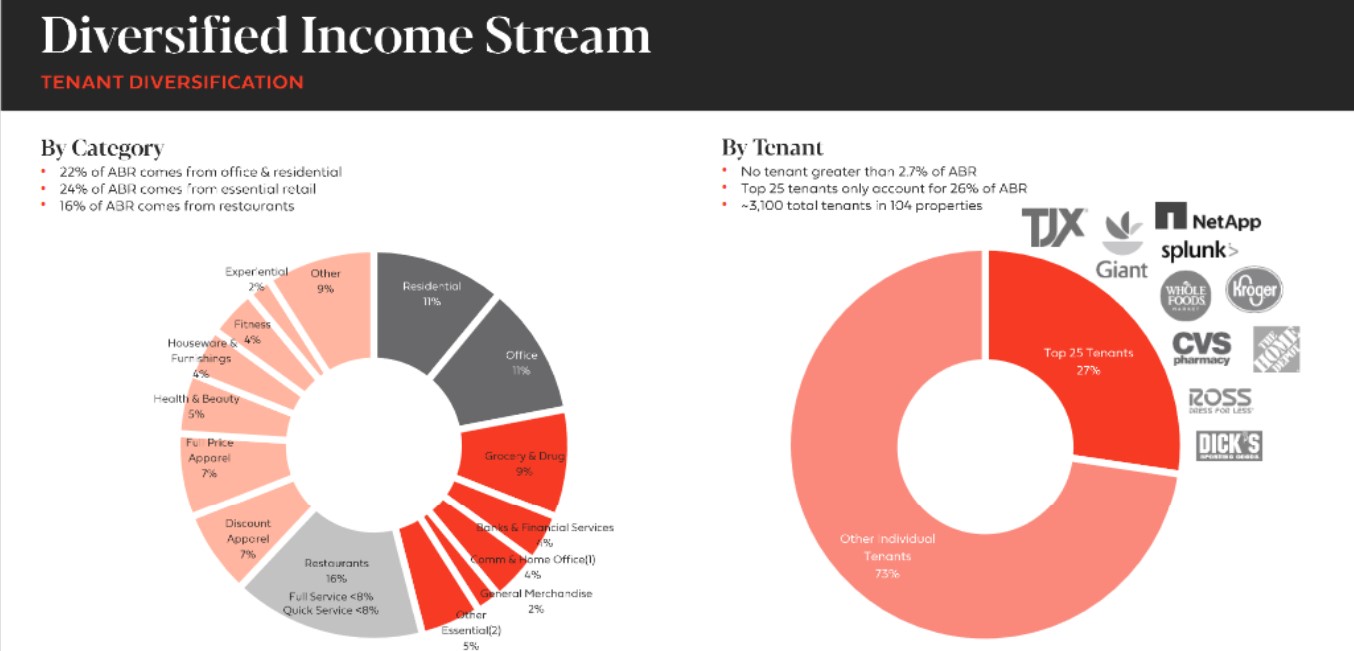
When investing in futures on ETFs, investors should consider several factors: Cost-efficiency, Risk, and Returns. This article will cover the benefits of ETF futures. Keep reading to learn more about these investments. The information you'll learn will allow you to make informed financial decisions. If you have never invested in futures, here are some tips:
Investing in futures on etfs
Futures on ETFs are a great way to diversify your investments while also enjoying tax advantages. Futures contracts allow you to purchase and sell certain assets without paying transaction fees. Futures offer flexibility for position reversals. For example, you can adopt a bearish attitude without incurring additional margin requirement. Both types of ETFs offer their advantages, but futures may be better for certain investors than others.

Cost-efficiency
CME Group's new paper, based data from the second-half of 2015, is strong in favoring futures over exchangeable funds (ETFs). Futures were cheaper than ETFs in seven of eight investment scenarios. This includes international investors, short sellers and leveraged investors. ETFs were more expensive for fully-funded investors holding a long position. McCourt noted that even with the differences in numbers, futures are still less expensive than ETFs in most cases.
Risk
Futures are always subject to risk but this type of investment is not necessarily more dangerous than other investments. Futures prices are based on the price of underlying assets, which changes over time. While futures may not be as risky as other investments, they are more likely to experience speculative trading. Futures can be used as a way to diversify portfolios and reduce overall risk.
Returns
You should consider the pros and cons of investing in an ETF before you make a decision. Diversification is one of the benefits of EFTs. This fund is more cost-effective than traditional stock market investments and has lower broker commissions. This fund also doesn't require investors to review their investments as often as traditional stocks. The EFT that you are looking at should have a return of at least twice the benchmark S&P 500.

Expiration date
The official expiration date of an ETF will vary based on the issuer. SPY, for instance, is listed with an expiration of January 22, 2118. This is a far cry from January 22, 2021, the original expiration date. The ETF can be extended for a long time, but that doesn't mean it is permanent. It was already extended. It was originally scheduled to expire in January 2018, which would have been twenty years after its original date.
FAQ
What is a mutual funds?
Mutual funds consist of pools of money investing in securities. Mutual funds provide diversification, so all types of investments can be represented in the pool. This helps reduce risk.
Professional managers manage mutual funds and make investment decisions. Some funds permit investors to manage the portfolios they own.
Because they are less complicated and more risky, mutual funds are preferred to individual stocks.
Who can trade on the stock market?
Everyone. All people are not equal in this universe. Some people are more skilled and knowledgeable than others. So they should be rewarded for their efforts.
There are many factors that determine whether someone succeeds, or fails, in trading stocks. For example, if you don't know how to read financial reports, you won't be able to make any decisions based on them.
This is why you should learn how to read reports. It is important to understand the meaning of each number. Also, you need to understand the meaning of each number.
This will allow you to identify trends and patterns in data. This will help you decide when to buy and sell shares.
If you are lucky enough, you may even be able to make a lot of money doing this.
How does the stock markets work?
You are purchasing ownership rights to a portion of the company when you purchase a share of stock. The shareholder has certain rights. He/she can vote on major policies and resolutions. The company can be sued for damages. He/she may also sue for breach of contract.
A company cannot issue more shares than its total assets minus liabilities. This is called capital sufficiency.
A company with a high capital adequacy ratio is considered safe. Companies with low ratios are risky investments.
Is stock marketable security?
Stock is an investment vehicle where you can buy shares of companies to make money. This is done via a brokerage firm where you purchase stocks and bonds.
You could also choose to invest in individual stocks or mutual funds. In fact, there are more than 50,000 mutual fund options out there.
There is one major difference between the two: how you make money. Direct investments are income earned from dividends paid to the company. Stock trading involves actually trading stocks and bonds in order for profits.
Both of these cases are a purchase of ownership in a business. However, when you own a piece of a company, you become a shareholder and receive dividends based on how much the company earns.
Stock trading gives you the option to either short-sell (borrow a stock) and hope it drops below your cost or go long-term by holding onto the shares, hoping that their value increases.
There are three types for stock trades. They are called, put and exchange-traded. You can buy or sell stock at a specific price and within a certain time frame with call and put options. ETFs are similar to mutual funds, except that they track a group of stocks and not individual securities.
Stock trading is very popular because investors can participate in the growth of a business without having to manage daily operations.
Stock trading is not easy. It requires careful planning and research. But it can yield great returns. If you decide to pursue this career path, you'll need to learn the basics of finance, accounting, and economics.
What is the main difference between the stock exchange and the securities marketplace?
The whole set of companies that trade shares on an exchange is called the securities market. This includes options, stocks, futures contracts and other financial instruments. There are two types of stock markets: primary and secondary. The NYSE (New York Stock Exchange), and NASDAQ (National Association of Securities Dealers Automated Quotations) are examples of large stock markets. Secondary stock markets are smaller exchanges where investors trade privately. These include OTC Bulletin Board Over-the-Counter (Pink Sheets) and Nasdaq ShortCap Market.
Stock markets are important as they allow people to trade shares of businesses and buy or sell them. The value of shares depends on their price. Public companies issue new shares. Investors who purchase these newly issued shares receive dividends. Dividends are payments made by a corporation to shareholders.
Stock markets provide buyers and sellers with a platform, as well as being a means of corporate governance. The boards of directors overseeing management are elected by shareholders. Managers are expected to follow ethical business practices by boards. If a board fails in this function, the government might step in to replace the board.
Why is a stock called security.
Security is an investment instrument whose value depends on another company. It may be issued either by a corporation (e.g. stocks), government (e.g. bond), or any other entity (e.g. preferred stock). If the underlying asset loses its value, the issuer may promise to pay dividends to shareholders or repay creditors' debt obligations.
What's the difference between marketable and non-marketable securities?
The key differences between the two are that non-marketable security have lower liquidity, lower trading volumes and higher transaction fees. Marketable securities, on the other hand, are traded on exchanges and therefore have greater liquidity and trading volume. They also offer better price discovery mechanisms as they trade at all times. There are exceptions to this rule. For instance, mutual funds may not be traded on public markets because they are only accessible to institutional investors.
Marketable securities are more risky than non-marketable securities. They have lower yields and need higher initial capital deposits. Marketable securities tend to be safer and easier than non-marketable securities.
A large corporation bond has a greater chance of being paid back than a smaller bond. The reason is that the former is likely to have a strong balance sheet while the latter may not.
Because they can make higher portfolio returns, investment companies prefer to hold marketable securities.
How can people lose money in the stock market?
The stock market is not a place where you make money by buying low and selling high. You lose money when you buy high and sell low.
The stock market is for those who are willing to take chances. They are willing to sell stocks when they believe they are too expensive and buy stocks at a price they don't think is fair.
They are hoping to benefit from the market's downs and ups. They might lose everything if they don’t pay attention.
Statistics
- "If all of your money's in one stock, you could potentially lose 50% of it overnight," Moore says. (nerdwallet.com)
- The S&P 500 has grown about 10.5% per year since its establishment in the 1920s. (investopedia.com)
- Ratchet down that 10% if you don't yet have a healthy emergency fund and 10% to 15% of your income funneled into a retirement savings account. (nerdwallet.com)
- Individuals with very limited financial experience are either terrified by horror stories of average investors losing 50% of their portfolio value or are beguiled by "hot tips" that bear the promise of huge rewards but seldom pay off. (investopedia.com)
External Links
How To
How to Trade in Stock Market
Stock trading is a process of buying and selling stocks, bonds, commodities, currencies, derivatives, etc. Trading is French for traiteur, which means that someone buys and then sells. Traders buy and sell securities in order to make money through the difference between what they pay and what they receive. It is one of the oldest forms of financial investment.
There are many different ways to invest on the stock market. There are three main types of investing: active, passive, and hybrid. Passive investors are passive investors and watch their investments grow. Actively traded investor look for profitable companies and try to profit from them. Hybrid investors use a combination of these two approaches.
Passive investing is done through index funds that track broad indices like the S&P 500 or Dow Jones Industrial Average, etc. This approach is very popular because it allows you to reap the benefits of diversification without having to deal directly with the risk involved. Just sit back and allow your investments to work for you.
Active investing is the act of picking companies to invest in and then analyzing their performance. Active investors will analyze things like earnings growth rates, return on equity and debt ratios. They also consider cash flow, book, dividend payouts, management teams, share price history, as well as the potential for future growth. Then they decide whether to purchase shares in the company or not. If they believe that the company has a low value, they will invest in shares to increase the price. If they feel the company is undervalued, they'll wait for the price to drop before buying stock.
Hybrid investing combines some aspects of both passive and active investing. You might choose a fund that tracks multiple stocks but also wish to pick several companies. In this instance, you might put part of your portfolio in passively managed funds and part in active managed funds.